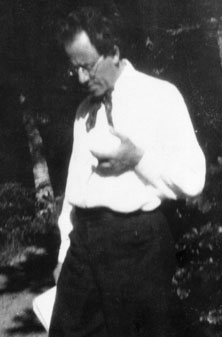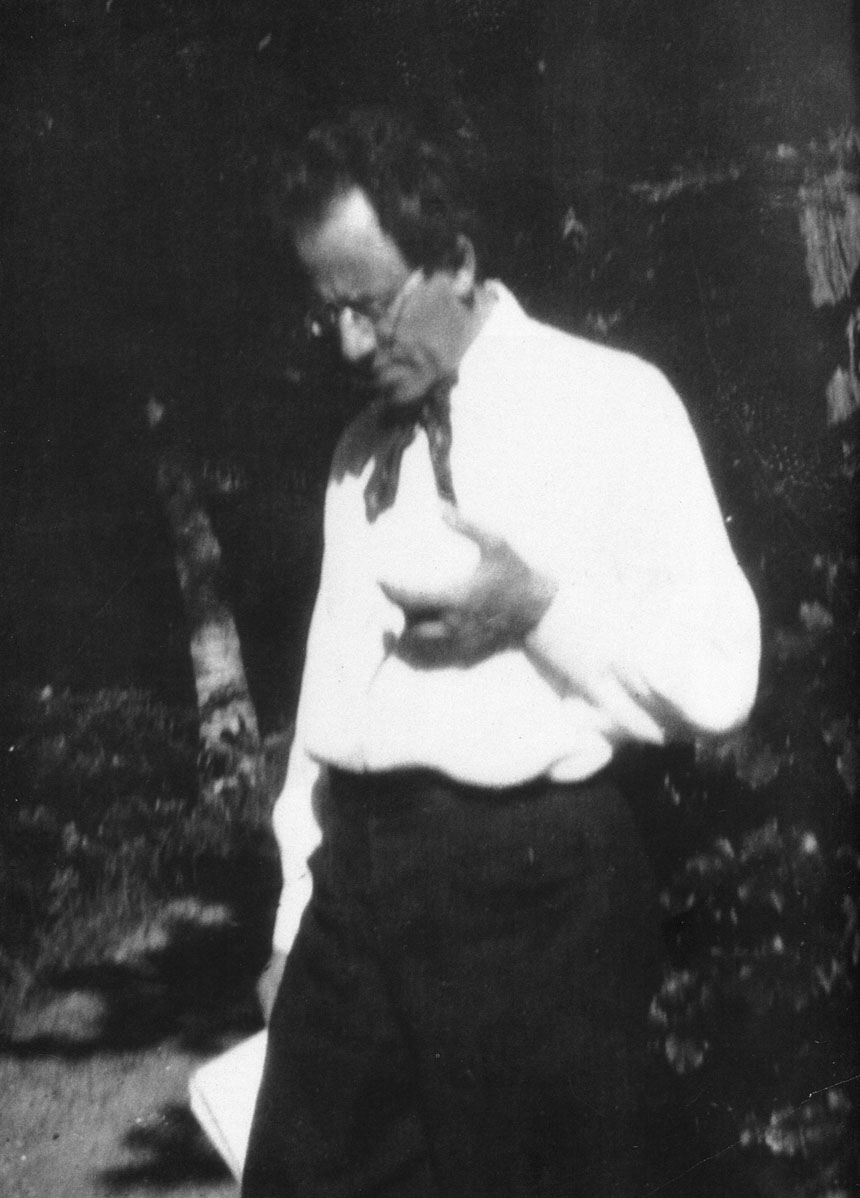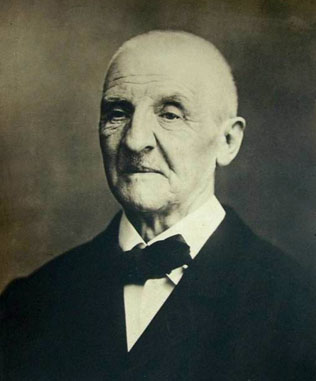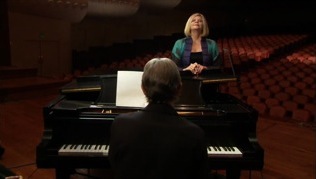 Play
Play
 Play
Play
-
In one of Mahler’s settings of poetry by Friedrich Rückert, “I am lost to the world” (Ich bin der Welt abhanden gekommen) the voice gently disappears into the instruments, perfectly expressing the text’s expression of the end of isolation through art:
I am dead to the world’s tumult
and I rest in a quiet place!
I live alone in my heaven,
in my love, in my song.




